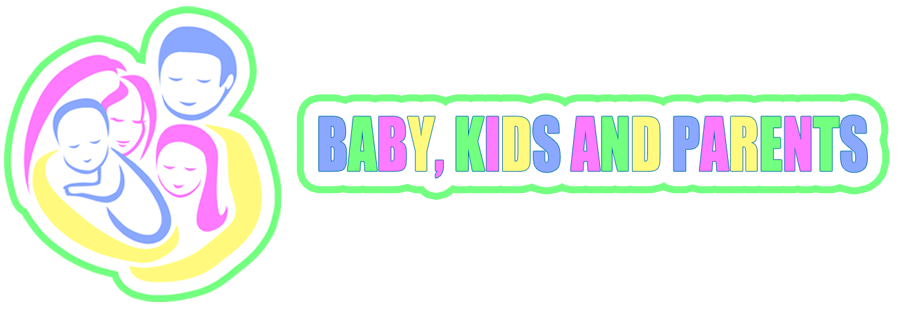
Pregnancy brings a number of changes in a woman's body. They occur in the first days after conception and are the result of changes in hormones. By far the clearest sign that you may be pregnant is definitely a lack of menstruation. What symptoms can still occur?
We bring you another possible symptoms, but of course you have to consider that some of the signs, when appearing individually, are not a reliable sign that you are pregnant.
Hunger and appetite
It is not a myth that a sudden pang of hunger can be a sign of pregnancy. Often, hunger is combined with wishes for particular foods or flavors such as vanilla ice cream or mustard. What are the other signs? Are there any? This symptom with absence of other symptoms is not proof of pregnancy.
Intolerance of smells
Many pregnant woman describes the taste of metal in the mouth. Pregnant women are sensitive to smells. Increased powers of smell can make favorite dish smell like dead fish.
Painful and sensitive breasts
If the skin around the nipples darkens, it can be a sign of pregnancy, and hormonal disorders. Breasts may be sensitive to touch and swollen (like before menstruation) and this is the most common first sign of pregnancy.
Frequent urination
A common going to the toilet can be a sign of pregnancy. When the embryo implant, the body produces a hormone known as hCG (human chorionic gonadotropin) that cause frequent urination. Higher levels of hCG in urine detect pregnancy, which is how you will get a positive home pregnancy test.
Increased discharge and abdominal cramps
The discharge which is painted, or brownish with light bleed may be a sign of ongoing implantation of embryos. At the same time women can feel and abdominal cramping like menstrual. This light bleeding is called implantation bleeding and it is a sign that the embryo has implanted in the uterine wall. Implantation bleeding occur five to ten days after conception. If the bleeding continues, you should visit your doctor.
Circulatory disorders
Many pregnant women suffer from circulatory disorders in the form of dizziness or buzzing in the ears up to fainting. These phenomena are caused by the pressure drop.
Drowsiness and fatigue
Large amounts of progesterone, which also stimulates lactation (milk production) often bring a pregnant woman in a state of general exhaustion. Drowsiness is the most common condition in the beginning of pregnancy, but not sure symptom of pregnancy.
Mood swings
Changes in mood are quite normal for the beginning of pregnancy. High values of progesterone and estrogen are responsible for this situation. If you suspect that you are pregnant, you might be struggling with questions: "What will happen with my work? Or I don’t have room for children?!" Because of this condition you will suffer from mood swings.
Morning sickness
For a few days after conception, some women suffer from nausea and vomiting. The feeling of nausea occurs primarily in the morning, but it is also possible throughout the day. Nausea is one of the clearer signs of pregnancy.
The high basal temperature
Temperature measurement in the morning immediately after waking up may give an answer whether you are pregnant. If your temperature is above normal temperature for eighteen days without stopping, then is probably a sign of pregnancy.
More signs of pregnancy at the same time
If you have many signs of pregnancy, then it's time to do a home test. If the home test is positive, it is time to contact a gynecologist for examination.

